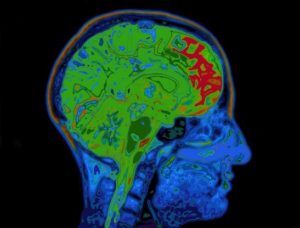 There are multiple approaches for diagnosing multiple sclerosis (MS), which can be a difficult disorder to diagnose. Typically, a healthcare professional will first ask the patient for a comprehensive medical history. This includes questions about the nature of the symptoms, such as their onset, duration, severity, and whether or not they are intermittent. The medical history is usually followed up by a physical examination that includes neurological tests which measure signal transmission from the brain and spinal cord to the rest of the body.
There are multiple approaches for diagnosing multiple sclerosis (MS), which can be a difficult disorder to diagnose. Typically, a healthcare professional will first ask the patient for a comprehensive medical history. This includes questions about the nature of the symptoms, such as their onset, duration, severity, and whether or not they are intermittent. The medical history is usually followed up by a physical examination that includes neurological tests which measure signal transmission from the brain and spinal cord to the rest of the body.
Based on the results of a complete medical history and neurological testing, one or more diagnostic tests may be employed to determine the presence and severity of MS. A magnetic resonance imaging test (MRI), evoked potential test, and cerebrospinal fluid test are commonly used to make a diagnosis. An MRI reveals images of the brain and spinal cord, where signs of MS may be shown. An evoked potential test may be utilized to determine if signals between the brain and spinal cord are slowed or stopped. A cerebrospinal fluid test analyzes liquid from the spinal cord for the presence of substances that are seen in people with MS.
Interested in learning more about multiple sclerosis research? The Premiere Research Institute in West Palm Beach regularly conducts clinical research studies in the field of MS. To find out more about these studies click here or sign up for their newsletter to keep informed about the newest treatments, articles, and research that are being conducted in the field of MS.
